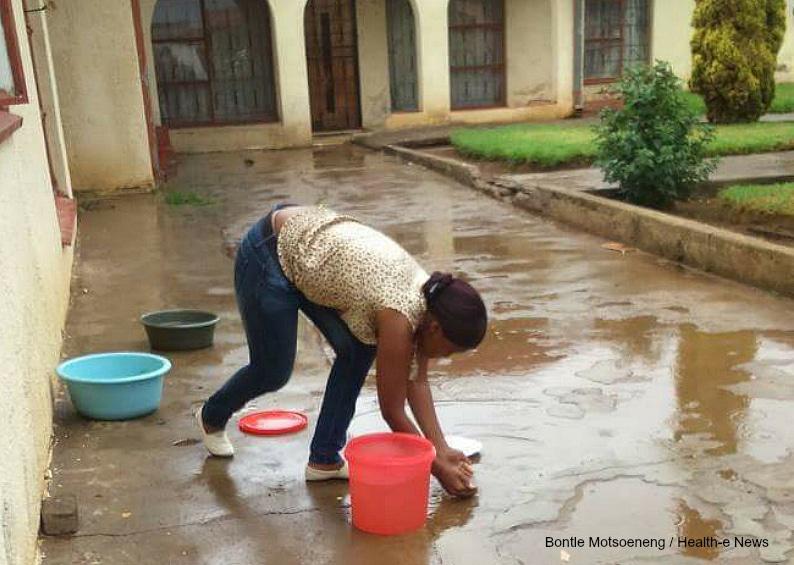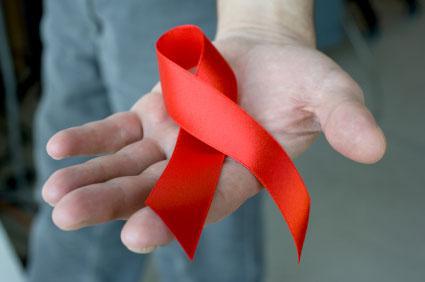Free State residents go thirsty as dam dries up


As the country continues to weather the worst drought in more than a decade, low water levels in the Fika-Patso Dam forced local water authority Maluti-a-Phofung Water to stop pumping water from the dam in late December. According to Maluti-a-Phofung Water Communications Manager Mpho Mabena, the dam supplies about 85 percent of Qwaqwa’s water.
Despite the deployment of 32 water trucks to serve affected areas, some residents continue to struggle for water.
In the immediate wake of the dam’s closure, Qwaqwa residents initially turned to those in neighbouring Makwane about 10 kms away for help.
“For the first weeks that we didn’t water, we started going to the Makwane area – where they still had access to water – walking with buckets,” Qwaqwa resident Mpuse Mokoena told OurHealth.
With her home food garden wilting, resident Selina Modibedi said she has had to borrow from loan sharks to feed her family. In some rural areas, loan sharks can charge as much as 50 percent interest on informal loans.
“It hasn’t been easy for us as I depend on my garden for food so that I can eat with my seven grandchildren,” Modibedi said. “We don’t have any spinach or carrots to eat.”
“I had to go to the loan sharks to borrow some money so that I can buy food,” she added. “The little water I get, I take some of it and pour in my garden so that my vegetables can grow.”
Motseki Moloi said he is afraid he may watch his cows die during the drought.
“My cattle are suffering because there is no water and grass for them to eat,” he said. “(It’s to) the point whereby I have to take one or two buckets (of water) from my house to share with my cattle.”
Following the receipt of four new water trucks in early January, local counsellors have urged the community to work together with the municipality. According to municipal Executive Mayor executive Vusi Tshabalala, the trucks arrived following an intervention by Minister of Water Affairs and Sanitation Nomvula Mokonyane and Free State Premier Ace Magashule. – Health-e News.
An edited version of this story was also published on Health24.com
Author
Republish this article
This work is licensed under a Creative Commons Attribution-NoDerivatives 4.0 International License.
Unless otherwise noted, you can republish our articles for free under a Creative Commons license. Here’s what you need to know:
You have to credit Health-e News. In the byline, we prefer “Author Name, Publication.” At the top of the text of your story, include a line that reads: “This story was originally published by Health-e News.” You must link the word “Health-e News” to the original URL of the story.
You must include all of the links from our story, including our newsletter sign up link.
If you use canonical metadata, please use the Health-e News URL. For more information about canonical metadata, click here.
You can’t edit our material, except to reflect relative changes in time, location and editorial style. (For example, “yesterday” can be changed to “last week”)
You have no rights to sell, license, syndicate, or otherwise represent yourself as the authorized owner of our material to any third parties. This means that you cannot actively publish or submit our work for syndication to third party platforms or apps like Apple News or Google News. Health-e News understands that publishers cannot fully control when certain third parties automatically summarise or crawl content from publishers’ own sites.
You can’t republish our material wholesale, or automatically; you need to select stories to be republished individually.
If you share republished stories on social media, we’d appreciate being tagged in your posts. You can find us on Twitter @HealthENews, Instagram @healthenews, and Facebook Health-e News Service.
You can grab HTML code for our stories easily. Click on the Creative Commons logo on our stories. You’ll find it with the other share buttons.
If you have any other questions, contact info@health-e.org.za.
Free State residents go thirsty as dam dries up
by Bontle Motsoeneng, Health-e News
January 15, 2016



